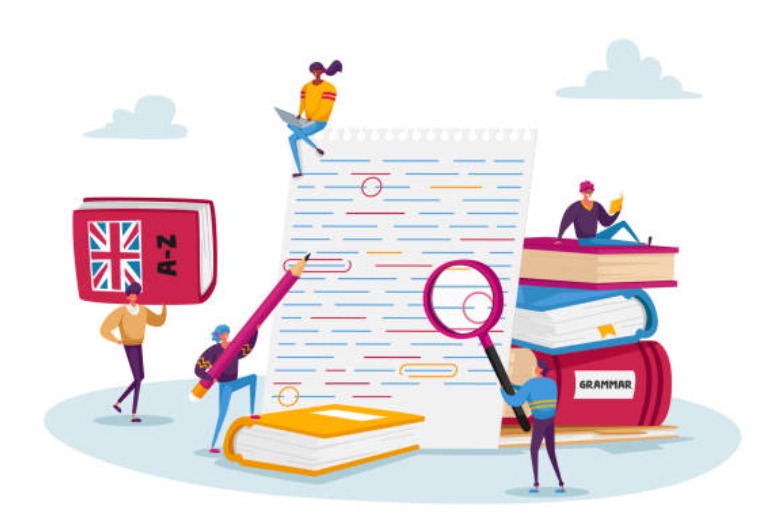Table of Contents
Introduction
Understanding the Importance of Vocabulary Retention
Effective Methods for Memorizing New Words
Memorization Techniques for Vocabulary
Techniques for Retention
Conclusion
Introduction
Expanding your vocabulary is an essential aspect of mastering a new language or enhancing your communication skills in your native tongue. Whether you’re a student, a professional, or simply a language enthusiast, knowing effective methods for memorizing new words can significantly improve your language proficiency. This blog post will delve into various memorization techniques for vocabulary and explore techniques for retention to help you retain what you’ve learned.
Understanding the Importance of Vocabulary Retention
Vocabulary retention is crucial because it directly impacts your ability to communicate effectively. A robust vocabulary allows for more precise and nuanced expression, which is valuable in both written and verbal communication. Additionally, retaining new words boosts your confidence and competence in language use, making you more persuasive and engaging.
Without effective retention strategies, new words can quickly be forgotten, rendering your efforts in learning them futile. Therefore, implementing techniques that aid in long-term retention is essential for anyone serious about language learning.

Effective Methods for Memorizing New Words
Spaced Repetition
Spaced repetition is a powerful technique for memorizing new words, based on the idea that information is more easily recalled if it is reviewed at increasing intervals. This method leverages the spacing effect, where information is better retained when exposure is spaced over time.
To implement spaced repetition, you can use apps like Anki or Quizlet, which schedule review sessions for you. These tools remind you to review words just before you’re likely to forget them, thereby reinforcing your memory and making recall more automatic over time.
Mnemonics
Mnemonics are memory aids that help you link new information with something familiar. When memorizing new words, creating vivid, memorable associations can significantly enhance recall. For example, to remember the word “gregarious” (meaning sociable), you might imagine Greg, a very sociable person, attending parties and gatherings.
The key to effective mnemonics is creativity and personalization. The more unique and personal your mnemonic devices, the more likely you are to remember the associated vocabulary.
Contextual Learning
Learning new words in context, rather than in isolation, can improve retention and understanding. This method involves encountering and using new words within meaningful sentences, stories, or conversations.
Reading books, watching movies, or engaging in conversations where new words are used in context helps to reinforce their meanings and nuances. Contextual learning also aids in understanding how words are used in different situations, making it easier to recall and use them appropriately.
It is also important to use tools such as The Vocabulary Tracking System which allows you to build a solid vocabulary with an automated search function to find new words quickly and efficiently, saving you valuable time.
Memorization Techniques for Vocabulary
Flashcards
Flashcards are a classic and highly effective tool for vocabulary memorization. They work by prompting active recall, where you test your memory and reinforce your learning each time you use them.
Create flashcards with the new word on one side and its definition, along with an example sentence, on the other. Regularly review your flashcards, shuffle them to ensure random order, and separate them into “known” and “unknown” piles to focus on words you struggle with.
Association
Association involves linking new words with something you already know. This could be a word in your native language, a visual image, or a related concept. For example, to remember the word “benevolent” (meaning kind), you might associate it with the word “benefit,” since a benevolent person brings benefits to others.
By creating mental connections, you make it easier for your brain to retrieve the information when needed. Associations can be particularly effective when learning similar-sounding words or words with similar meanings.
Visualization
Visualization involves creating mental images that represent the new word and its meaning. For instance, to remember the word “serendipity” (meaning a fortunate discovery), you might visualize yourself finding a treasure chest unexpectedly.
The more vivid and detailed your mental images, the stronger the memory they create. Visualization can be combined with other techniques, such as mnemonics or association, to enhance their effectiveness.
Techniques for Retention
Active Usage
One of the best ways to retain new vocabulary is through active usage. This involves incorporating new words into your daily conversations, writing, and thought processes. The more you use a word, the more familiar and automatic it becomes.
Try to use new words in different contexts and situations to deepen your understanding and reinforce your memory. Keeping a vocabulary journal where you write sentences or short paragraphs using new words can also be beneficial.
Teaching Others
Teaching new words to others is an excellent way to reinforce your own learning. When you explain a word and its usage to someone else, you actively engage with the material, which strengthens your memory.
Find a study partner or join a language group where you can practice teaching and discussing new vocabulary. This collaborative approach not only aids in retention but also makes the learning process more enjoyable and interactive.
Regular Review
Regular review is crucial for long-term retention of new vocabulary. Set aside dedicated time each week to review words you’ve learned. This can involve going through your flashcards, revisiting your vocabulary journal, or using spaced repetition software.
Consistency is key. Even a few minutes of review each day can significantly enhance your retention and recall abilities over time.
Conclusion
Mastering vocabulary is a continuous process that requires effective methods for memorizing new words and diligent application of memorization techniques for vocabulary. By incorporating spaced repetition, mnemonics, contextual learning, and regular review into your study routine, you can significantly improve your vocabulary retention. Remember, the goal is not just to memorize words but to make them a natural part of your language use. With dedication and the right strategies, you can expand your vocabulary and enhance your communication skills.





0 Comments